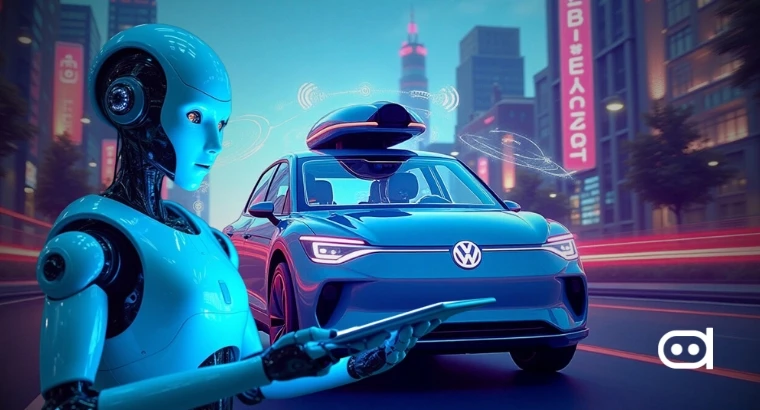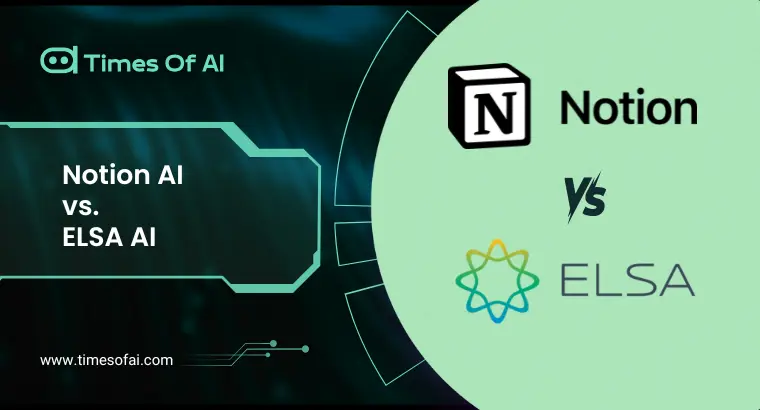
This week in AI news, we sensed a theme of the unexpected, with Elon Musk’s surprising move to drop a lawsuit against OpenAI hinting at changing sands in AI collaboration dynamics. On the other hand, Apple announced new artificial intelligence updates for both iPhones and Macs, which will boost the overall user experience and functionality of its devices.
1. Musk abruptly drops his OpenAI lawsuit
Elon Musk has made a surprise request to a California court to drop a lawsuit against OpenAI and its CEO, Sam Altman. The lawsuit alleged that they had strayed from the company’s goal of creating artificial intelligence for the betterment of humanity. Musk’s legal team submitted the request without explaining the decision. This request was made shortly before the court was set to consider ChatGPT developers’ motion to dismiss the case.
2. New iPhone and Mac AI features from Apple Intelligence
Apple introduced the “Apple Intelligence” at the highly anticipated WWDC event on June 10. They showcased Apple Intelligence as a state-of-the-art AI suite aimed at improving the performance of iPhone, Mac, and other Apple devices. The company is set to release exciting updates including a more conversational Siri, a unique AI-generated “Genmoji ” later this year. This feature will allow Siri to connect with OpenAI’s chatbot when faced with complex queries. The company has specified that these AI features will be available exclusively on the iPhone 15 Pro and 15 Pro Max, iPads, and Macs equipped with M1 or newer processors.
3. Samsung Displays AI-Era Vision and New Foundry Technologies at SFF 2024
Samsung recently presented its advancements in foundry technology and shared its vision for the future of artificial intelligence at the Samsung Foundry Forum (SFF) held in the United States. This annual event was hosted at Device Solutions Americas headquarters in San Jose, California. In an update, the company revealed its enhanced process technology roadmap, introducing two new nodes, SF2Z and SF4U.
Additionally, they highlighted their integrated Samsung AI Solutions platform. In a move, the company is preparing to introduce a state-of-the-art technology that merges integrated, co-packaged optics with high-speed, low-power data processing. This cutting-edge solution is expected to transform the realm of AI by providing customers with a user-friendly package.
4. OpenAI added Oracle Cloud Infrastructure to the Microsoft Azure AI Platform
Recently, Oracle and Microsoft joined forces with OpenAI to expand the capabilities of Microsoft Azure AI to Oracle Cloud Infrastructure (OCI). This partnership is set to bring added functionality to OpenAI, benefiting users on both platforms. Several companies like Adept, Modal, MosaicML, NVIDIA, Reka, Suno, Together AI, Twelve Labs, and xAI have joined forces with OCI to use its AI infrastructure.
By leveraging Oracle’s distributed cloud technology, these businesses can improve the speed and reliability of their model training processes. The OCI Supercluster is tailored to support applications such as generative AI, computer vision, natural language processing, and recommendation systems.
5. Meta to train AI on European social media
Meta wants to train its “Llama AI” language model to compete with OpenAI and Google but faces a hurdle in Europe. While aiming to improve the model’s understanding of European languages and cultural contexts, Meta needs user data, which is restricted by the EU’s strict privacy regulations. To address this, Meta aims to train its AI models using public European social media data, with an opt-out option for users concerned about privacy.
Activist Max Schrems has criticized Metas AI training strategy to privacy watchdogs, urging them to intervene and stop the initiative over concerns about its impact on future generations’ education. Meta assures that they will not utilize data from individuals under 18 years old.
The AI landscape is evolving every week, and this is the must-read highlight of the top news shaping the environment today. Elon Musk has dropped legal action against OpenAI, highlighting the slippery slope AI research may take without safeguards in place. Additionally, Samsung’s AI vision and the inclusion of its foundry technologies suggest the ongoing race for the integration of AI. All these developments underscore the potential for AI to fundamentally reshape the way we approach privacy and data protection but also raise ethical concerns. This will be important to best position AI for sustainable and inclusive innovation.





